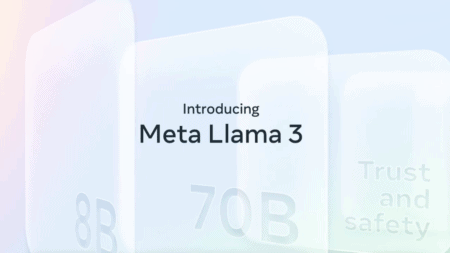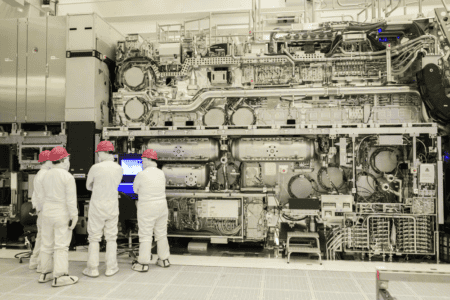Alibaba Cloud, the fourth largest global cloud service, announced that its Apsara operating system compatible with multiple chip processors like ARM, RISC-V, and x86.
The shift from chip servers to cloud technologies
Intel and ARM largely control the global chip market – Intel’s x86 dominates the personal computing services, and ARM dominates the market for mobile devices.
“Chips have always defined the IT ecosystem, but the advent of cloud technologies has fundamentally changed the IT landscape,” said Zhang Jianfeng, the President of Alibaba’s Cloud Intelligence Group, at the latest conference.
Cloud computing environments can standardize server chips and other hardware being used, so even if the chip is based on an ARM, x86, or a RISC-V processor, cloud computing services are empowered enough to offer multiple standardized solutions that are of high quality.
Alibaba’s Apsara is an ultra-large-scale general operating system that enables independent cloud computing and serves as the main technology platform.
What’s causing this rise in multiple chip processing?
The technology wars between the U.S. and China during the Trump Administration severed collaboration ties between American tech companies and Chinese companies.
The AI-based intelligence architecture, ARM, had to reassess its technological relationship with Huawei after the technology ban. It continued to license to Chinese firms with a UK origin; however, Huawei struggled to manufacture chips designed by ARM technology alone.
In 2019, Huawei’s semiconductor division launched its first core processor, Xuantie 910, compatible with RISC-V and all IoT and cloud edge applications. Having multiple chip systems could pave the way for Alibaba Cloud’s complete independence and domination in the global chip server system.
On the other hand, some argue that alternatives for RISC-V would lead to more divergent technologies that can’t be standardized. Furthermore, this polarization is not good for global collaboration and won’t offer much unless RISC-V is adopted worldwide.
Tip: AWS increasingly replacing Intel Xeon chips with self-made ARM chips


















